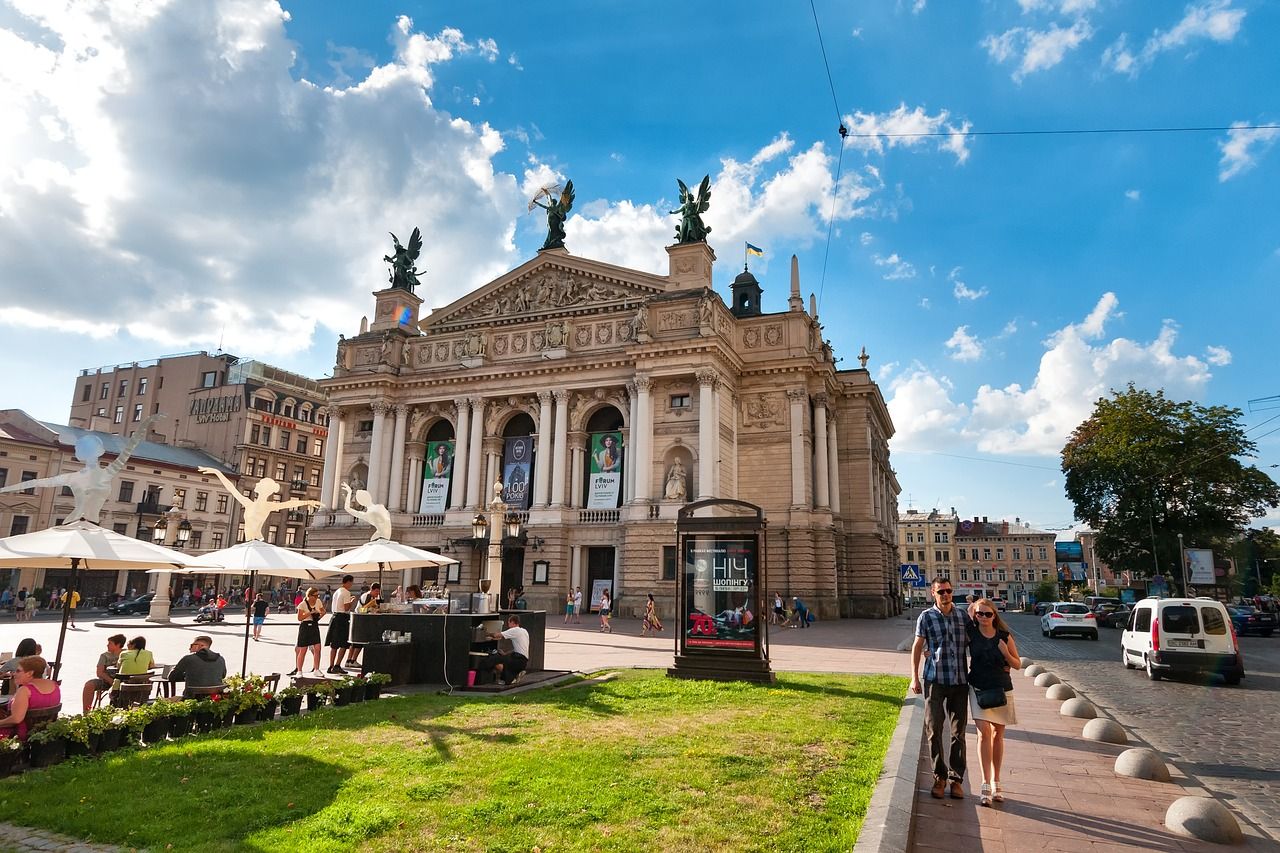Shortlist for the 2025 European Capital of Smart Tourism – Focus on Travel News

The European Commission announced the names of the seven cities that have been shortlisted for the 2025 European Capital of Smart Tourism award.
This prestigious title will be awarded to a city that demonstrates an exceptional commitment to shaping the future of sustainable and innovative tourism. The award also aims to foster networking and the exchange of best practices between smart tourism destinations, this boosting innovation in European tourism.
From a pool of 21 candidates from 10 countries, the selected finalists for the European Capital of Smart Tourism are, in alphabetical order, Brussels (Belgium), Genoa (Italy), Konya (Türkiye), Lahti (Finland), Lviv (Ukraine), Porto (Portugal), and Torino (Italy).
The European Commission has decided to extend the shortlist from four to seven destinations for the European Capital of Smart Tourism competition, as several applicants submitted high quality applications and achieved the same score during the evaluation process.
The finalists will be invited to present their proposals to a European Jury on 26 and 27 November 2024, which will select the European Capital of Smart Tourism 2025. The winner will receive extensive communication and branding support. This will include the creation of a promotional video, the installation of a hashtag sculpture in the city, and the implementation of tailored promotional campaigns aimed at increasing visibility at both the EU and global level.
The competition was open to cities in the European Union and non-EU countries participating in the Single Market Programme.
An external panel of experts carried out a thorough evaluation of the applications, and the applicants with the highest cumulative score across all categories were shortlisted.
European Capital of Smart Tourism – Smart gets you further
Since 2018, the European Capital of Smart Tourism competition has provided a platform to highlight exceptional practices and achievements in tourism. Dublin was selected as the 2024 European Capital of Smart Tourism, and winners from previous editions include Seville and Pafos (2023), València and Bordeaux (2022), Málaga and Gothenburg (2020), and Helsinki and Lyon (2019). These cities have become exemplary models for smart tourism in Europe, achieving high international rankings for sustainability, innovation, quality of life, and the effective integration of smart strategies.
About the initiative
The European Capital of Smart Tourism is an EU initiative that rewards cities for their innovative approaches in areas such as accessibility, digitalisation, sustainability, and cultural heritage and creativity. The initiative builds on the successful experience of a preparatory action proposed by the European Parliament and aims to foster sustainable and inclusive tourism development while facilitating the exchange of best practices.
The winning cities in this competition are given a platform to showcase their outstanding practices to the world. In particular, the report ´Leading Examples of Smart Tourism Practices in Europe’ for 2024 highlights the smart tourism initiatives implemented by applicants.
Similarly, the EU Smart Tourism Podcast series features discussions with delegates from the winners of the European Capitals of Smart Tourism competition, cities shortlisted for the award, and representatives from the EU Commission.
Related
Brits forced to pay fee to visit these 30 countries…
UK tourists will be required to pay a fee to visit 30 countries in Europe under new European Union (EU) travel rules.The rules mean British holidaymakers will n
The beautiful European island with just 148 locals
Irakleia is a beautiful island in the Minor Cyclades of Greece, nestled in the heart of the Aegean Sea and just an hour away from Naxos. Officially recorded t
Warning issued for Brits flying easyJet and Ryanair to popular…
Passengers flying with Ryanair, easyJet and British Airways should expect disruption (Picture: Urbanandsport/NurPhoto via Getty Images) Passenge











